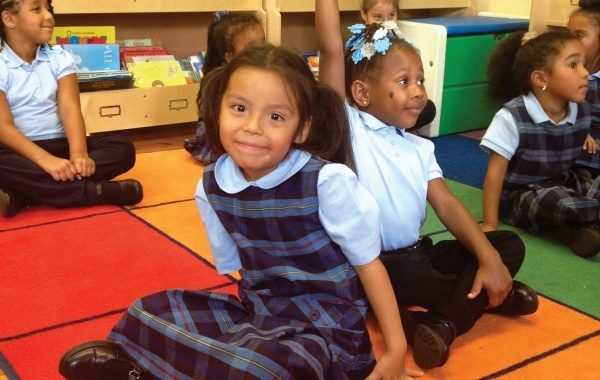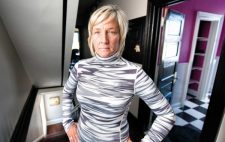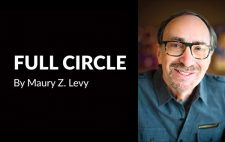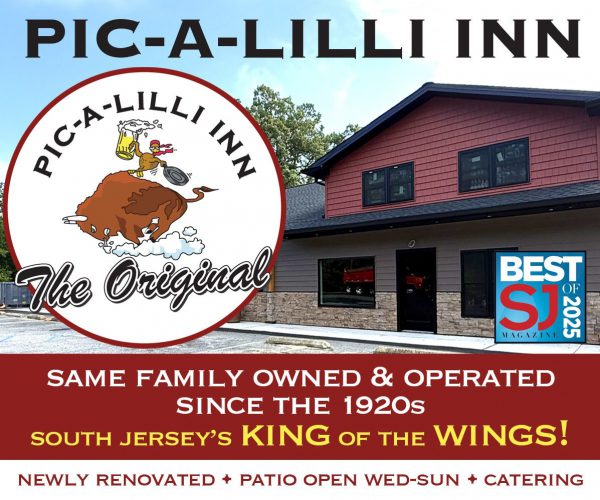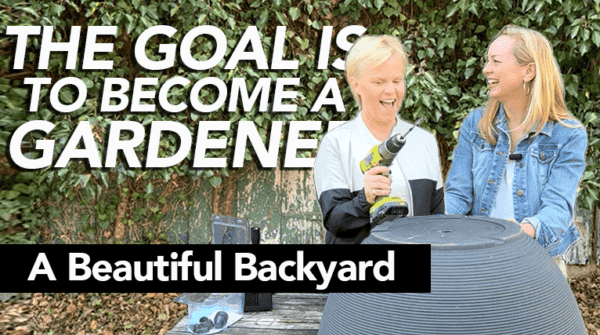In Camden, Catholic schools are more than a place of learning. Sometimes, they become a home that provides much more than what students receive anywhere else.
“For some of the kids, we have a snow day and they cry,” says Keith Lampman, director of development for the nonprofit Catholic Partnership Schools (CPS). “Because school, to them, is breakfast, a snack and lunch. It’s warmth in the winter and relative cool in the summer.”
Nearly 90 percent of the students who attend CPS come from families who are living at or below the poverty line and are eligible for free or reduced-cost meals.
More than that, Lampman adds, CPS has become a place where kids can feel safe in Camden. “The teachers and the principals know all the students’ names. They get a pat on the back on the way in – they know they are loved.”
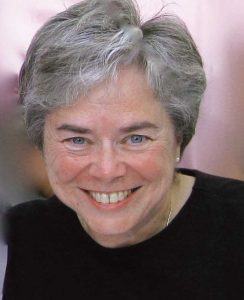
Sister Karen Dietrich
“We believe in the love of our staff, because you walk inside the hallways, and you’re in a different place,” says Sister Karen Dietrich, executive director of CPS. The schools are a haven for children of both recent immigrants and longtime residents of Camden.
But they almost weren’t. In 2008, after completing a study of its Catholic schools, the Diocese of Camden found attendance waning and costs growing ever higher. A decision was made to close four elementary schools in Camden and one in Pennsauken. For parents, teachers and students, it was a difficult ruling to accept.
“It was a scary time,” Luz Caraballo says. She didn’t want her son, Randy, then a second grader, to change schools. “We weren’t sure how to go about finding a better school for him. We lived in Camden a long time, and we know how the city works. We hear so much about how they don’t get the proper education in the public schools.”
That’s when CPS was formed – the group took control of running the five elementary schools from pastors and their parishes. The schools, though they retained principals and faculty, are now led by a board of directors and a management team. Now in their sixth year of operation, the people behind the Partnership pride themselves on providing affordable education options.
“The Diocese didn’t want to close the schools, but they couldn’t afford to keep them all open,” explains Dietrich, a member of the Sisters of Saint Joseph.
The schools transitioned smoothly: after providing a large financial commitment in the first few years to get the Partnership up and running, the Diocese stepped away. Now CPS takes care of the paperwork and funding required to run its five elementary schools: Holy Name, Sacred Heart, Saint Anthony of Padua and Saint Joseph Pro-Cathedral Schools in Camden and Saint Cecilia School in Pennsauken. The schools currently have more than 1,000 enrolled students.
“We are a Catholic school-management organization,” says Dietrich. “We’re centralized in one office. The school budgets come through here and we do the fundraising here, allowing the schools to focus on the education.”
Part of those fundraising efforts are to subsidize tuition for parents in Camden, where the median family income is $24,000. Dietrich says the CPS schools are currently operating on a budget of $8,000 per student (compared to the more than $25,000 cost per student for a Camden City public school education). Most CPS parents pay between $900 and $1,200 toward tuition, according to Linda Arceo, director of grants and communications.
Improving education for children in Camden is also a primary concern of CPS. In a city where the schools and student test results are regularly ranked among the lowest in the state, shaking things up is key. Arceo recalls a student talking about an experience from a field trip.
“The student said that when they are out, people will ask where they are from. When the students respond they are from Camden, people are surprised,” says Arceo. “This particular student said, ‘They expect us to be like the city we live in, and we’re not.’ To me, that’s profound. These are little kids. They shouldn’t be aware of the social stigma of being from Camden.”
The hope of CPS is to help abolish that stigma by providing holistic Catholic schooling for students to flourish academically and in other areas.
“It’s clear that education is the most critical way for children to move out of a cycle of poverty,” says Dietrich. “But there’s more to education than math and reading. We have a great awareness of the need to provide social and emotional opportunities for children to be fulfilled.”
Students can participate in programs like choir, music lessons with Symphony in C, weekly art classes, robotics classes and the new sports teams. (For the first time in 34 years, CPS has a girls’ basketball team.) Every May, CPS hosts a program called “Dreams of Our Children,” where the students can showcase their artwork and talents at Rutgers-Camden’s 650-seat Gordon Theater. CPS also runs an extensive summer program. And the schools stay current with technology; all eighth-graders and teachers work with iPads.
In academics, the students have a strong showing: average scores in language arts and reading typically come in two points below the national average. “For this city, that’s significant,” says Dietrich. She also notes the CPS eighth-grade average in language arts is two points above the national average.
The graduating eighth-grade classes from CPS received more than $150,000 in scholarships to attend Catholic or private high schools in the area. Last school year, CPS introduced a “Learning Resource Center” in each of the schools – a classroom where students in grades four through seven who struggle with any material can be helped on an individual level. At last count, 60 percent of the graduates of CPS go on to attend college.
“That’s how we change Camden – with education,” Arceo says.
Caraballo can attest to that. She says her son Randy, now in eighth grade, and her second grader Kiani are flourishing at Saint Joseph Pro-Cathedral School. As a graduate of Holy Name School, she loves that CPS is a family affair.
“I truly believe that education helped me get where I am today,” she says. Even after she and her family moved to Deptford, they decided to have Randy and Kiani finish their elementary years in the same schools. “We wanted our children to go from kindergarten through eighth grade at St. Joe’s. That’s where they’re getting the best education. It’s not just a school, teachers, students – it’s a family.” Caraballo says she is relieved CPS made it possible for her to keep her son in Catholic school.
“He’s in all the clubs – chess club, aviation club, science fair. He played varsity basketball last year and participated in cross country,” she says. Randy is currently deciding where he wants to go to high school and thinking about future studies.
“He wants to be either a marine biologist or a graphic designer,” Caraballo says. “He’s very smart. I believe his education there will get him where he wants to go. My hopes for him are to see him get the schooling he needs, his bachelor’s degree and master’s maybe. I hope he can have a great career, start a family and continue his faith. As long as he is happy, successful and healthy, I’ll be happy.”
Success stories like these make the work worthwhile, says the staff of CPS. Dietrich thinks the success of CPS could be the start of a Catholic school revolution, if other schools adopt the format.
“Often in models to save schools, you see people say, ‘Let’s run them like a business.’ No. Education is education,” says Dietrich. “Perhaps because I am a professional educator, I know that is key. I worked as a principal for 15 years, and I still consider myself a teacher. I couldn’t do this without understanding the principal’s side, and I couldn’t do it without knowing the business side.”

